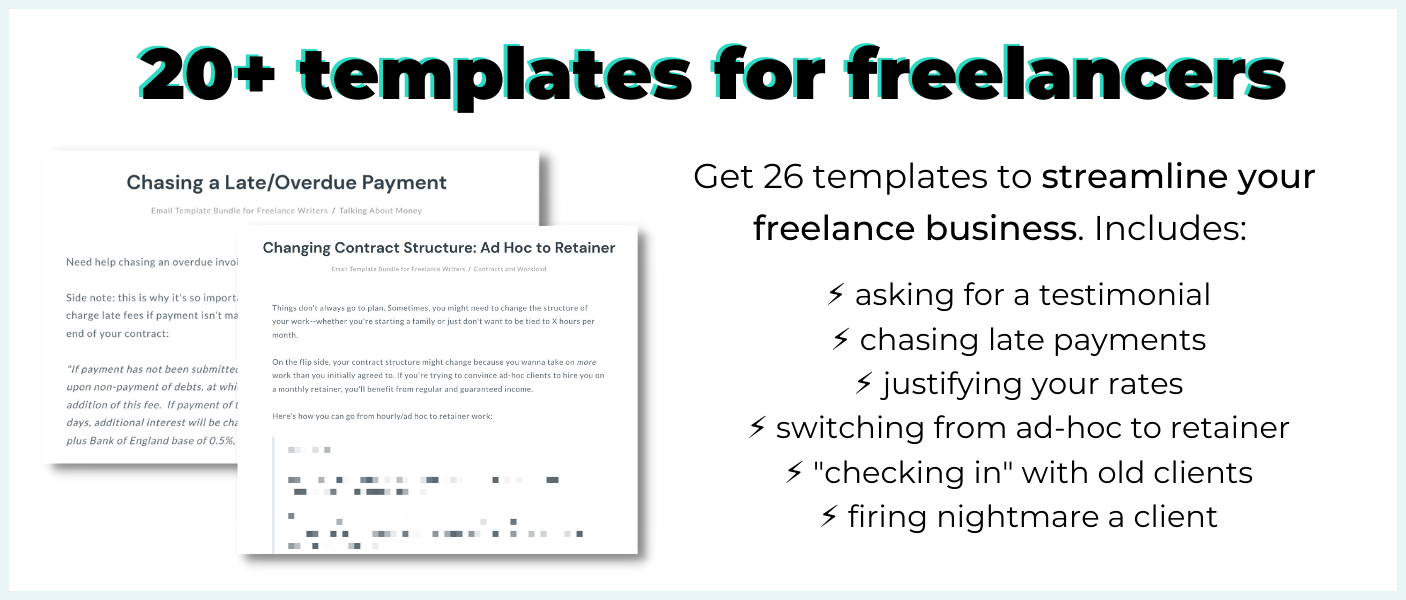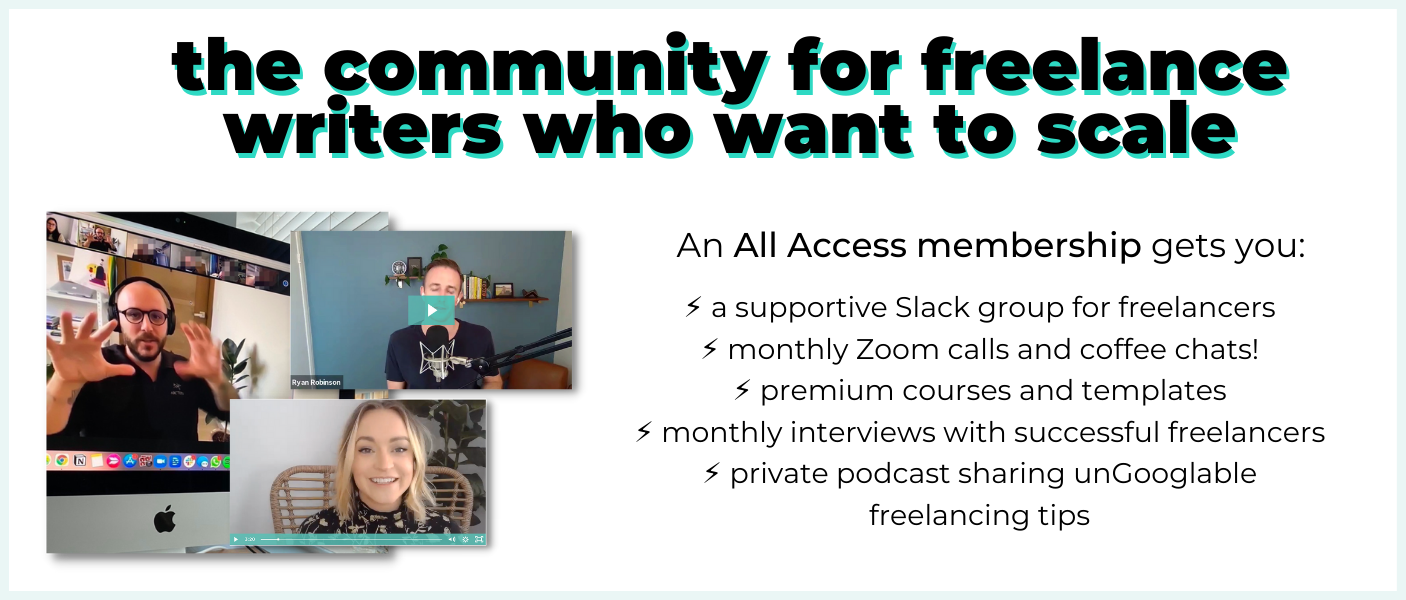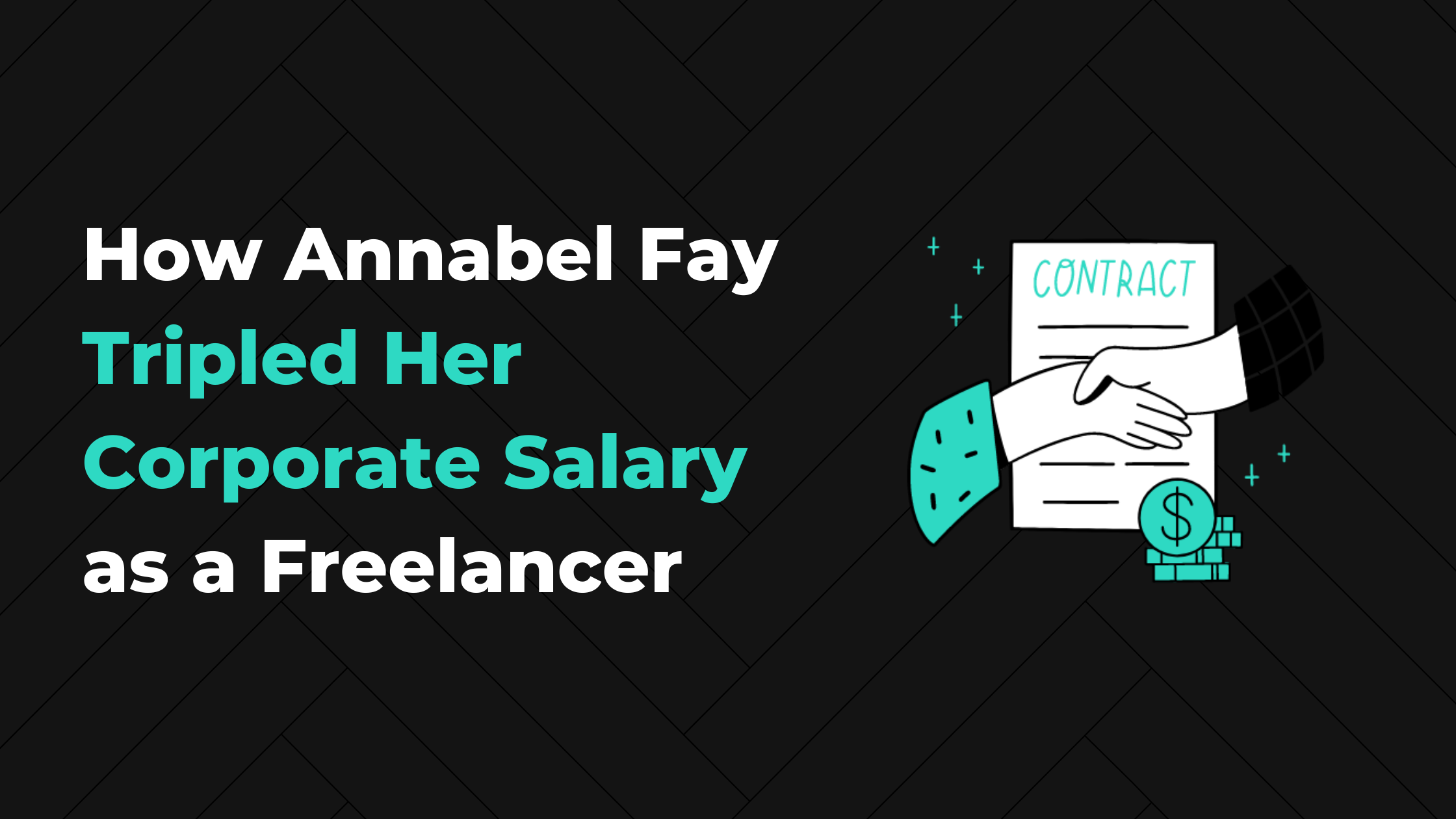When I was a kid, I wrote.
Often, it was poems about my struggles with anxiety (sorry, mum), or magazine articles. I used to create my own magazines and ‘publish’ them by bullying my younger sister into copying them out and distributing them around my neighbourhood.
Studying and my first job
Although I had a flair for storytelling, I went to university to study French, because my Dad told me to.
I nearly got kicked out because I couldn’t speak French and stopped going to classes to avoid ritual humiliation.
I was told: ‘find something else, or leave’.
So I went into all of my friend’s lectures and walked into a debate about the NHS. From there, I ended up with a degree in Politics, that I didn’t have the grades for if I’d applied from school, and I skipped the first year.
After several jokes about becoming the next Margaret Thatcher (please), I asked my boss at my temp job if I could work full time. She pointed me to a graduate scheme at the company.
You needed a Masters’ degree in Engineering to get in.
I got in.
All about attitude… and moving to marketing
The common theme here is that I’m persuasive, a good communicator, and I tend to just go for things, even when I don’t think I have a chance. I never really imagined those skills would become my job!
When I landed in the grad scheme I realised that nobody knew how to talk to each other.
There weren’t any newsletters, meetings were chaotic, everybody wrote these long-ass emails and never really got to the point. I was younger than everyone else and I had no idea what I was doing, but it turned out that my soft skills and my ability to write were really useful. I found myself volunteering to help out, then I landed myself a communications job.
At the same time, I started a blog. It was 2012, so not everybody was doing it then. I wrote about life as a graduate in London, how I was stretching my money, what makeup I was wearing, whatever I felt like!
To make any money blogging I had to learn digital marketing. I taught myself how to use Google Analytics, how to monetise my blog, how affiliate marketing worked, basic HTML, and then I used those skills to land a job in it.

Finding my niche
The company I worked for doing digital was pretty small, so they let me do all kinds of things. I rewrote the website. I talked to sales and realised they needed more material, better enablement, or that the solutions weren’t hitting the mark. So I went and found out why, and combined my storytelling flair with inherent empathy to start fixing it.
Then I got bored and cocky.
I went to a recruiter and said, “I want to be a CMO”. I was 26 and knew next to nothing about marketing.
He found a tech company that was crazy enough to try this plucky, all-mouth baby marketer and throw her in the deep end. I was suddenly managing a team, managing agencies and budgets and doing lead projections and ROI forecasting and I spent most of my time either on Google or in tears.
I learned pretty quickly though, got humble, started to listen more and started to be fascinated with the technology they were implementing. I worked my ass off and absorbed everything about SaaS and eCommerce I possibly could.
📝 Read more: 41 High Paying Freelance Writing Niches (+ How to Find Yours)
Boarding the rocket ship—and a crash landing
This led me to Salesforce, where I found the team, support, female role models and fellow marketers I so desperately needed. It was like a rocket ship, and I was encouraged to try things. I did loads of work on who I wanted to be, my core values, and became brave enough to envision a dream life for myself.
I was pretty good at marketing by then (thanks, Google) and my role just grew and grew. I did content, then campaigns, then content and campaigns, different industries, different products—tech companies move really fast.
One thing I knew I loved was the storytelling element and persuasive copy. I got such a kick out of creating things and watching them or delivering them on stage, seeing results from email campaigns or click-through uplift when I tweaked an advert.
I was on my honeymoon when I first said to my husband: ‘One day I’d like to be self-employed’.
It was 6 months after that when he got diagnosed with a heart condition.
It turns out that it’s largely benign, but there’s nothing like sitting in a cardiologist’s office when you’re 30 to make you think differently about your life.
I wrote my business plan while still employed at Salesforce. Then I saved one month’s mortgage payment and quit.
During my notice period, I went for as many coffees as I could physically stomach. If I even vaguely knew someone, I tried to catch up with them.
The day I left I posted an article on LinkedIn about what I was doing and why. I practised saying “I specialise in increasing SaaS sales with effective messaging”. I had a proposal call the same day, and forgot to ask for his email address.
They were my first paid client.
The pandemic hit four months later. I opened my laptop and every single customer I had—I’d just about got to my FTE salary by that point, but it was rocky—cancelled.
Building back up
I got COVID in April 2020. I spent a week in bed and sent 200 emails on LinkedIn asking people to introduce or refer me to someone they thought might be interested in my services. It’s a softer way of selling and it helps you be really crisp.
I sent Twitter DMs. I emailed everyone I knew. I spluttered my way through proposals and rapport building calls, and when I wasn’t on one I lay on my front or slept, while my husband left food outside the door.
By July 2020 I had customers again. Some of those LinkedIn messages are still becoming customers now.
I offer several services, predominantly copywriting or messaging consulting.
People often ask me how I get business. It’s still a lot of referrals—I add everyone I ever meet, virtually or in-person, on LinkedIn. I publish regularly, and I am really, really clear about what I do.
I have a rule that if my parents can’t explain what I do, I’m not being clear enough. People can’t refer you if they don’t think of you.
I also find business by searching for what people are posting about and what jobs they are hiring for. I try to keep my eyes and ears open all the time and think creatively about how I can help.
Hitting the big time
The last two years have been such a rollercoaster, but I can honestly say going freelance was the best thing I’ve ever done.
Sometimes I cry because HMRC send me a letter and I don’t understand it. Sometimes I jump for joy when I see Docusign send me a notification that I’ve won a new contract. I’ve learned so much about myself, business, technology and the market.
I made over 3x my salary from my last full-time corporate job last year, and I’ve closed deals that are bigger than what I earned in 2014 in my first real marketing job.
I now offer strategy sessions, messaging workshops, and act as a senior consultant managing junior staff for some of my big clients. There are more opportunities than I ever thought possible and I feel like the sky’s the limit. It’s a dream come true, and I’d love to help more people do the same.
My biggest freelance lessons
- Nobody knows anything. Technology is moving so quickly that it’s your skills and attributes that matter most. I lean into my empathy, persuasiveness and ability to connect dots. Think about what makes you uniquely you.
- Always be thinking about how you’re solving a problem for somebody. You might be selling copywriting, but are you actually giving someone time back in their day? Sell that.
- Take pride in your work. Make sure you always deliver the best quality you can, on time. Follow up, and be a nice person. Who you help on the way will help you later!
- Ask for help and learn from others. People often ask to ‘pick my brain’ about how to set up as a freelancer, but then they spend the whole call moaning about their current employer. Take tips! I learned so much from Twitter, from freelancer communities, and from reaching out to people. People want to help.
- Don’t be afraid to let go of a client who isn’t a good fit. It happens.
- Make sure you know you are not your business. Try to have some healthy boundaries and working hours.
- Always keep learning. I did the Marketing Week Mini MBA last year and it gave me so much confidence in my consulting services. Invest in yourself—meditation, gym, whatever that looks like for you. Read books about business and pricing and find sources you trust.
- Take risks. It’s a cliché, but feel the fear and do it anyway!
What’s next? Well, to be honest, I don’t know. I’m enjoying my consulting clients and building strategies. I’d like to help more people go freelance, and I’ve got some interesting partner opportunities to help them build out their businesses with technology clients.
Whatever happens, I’m so grateful to everyone who’s helped me along the way. Watch this space!

